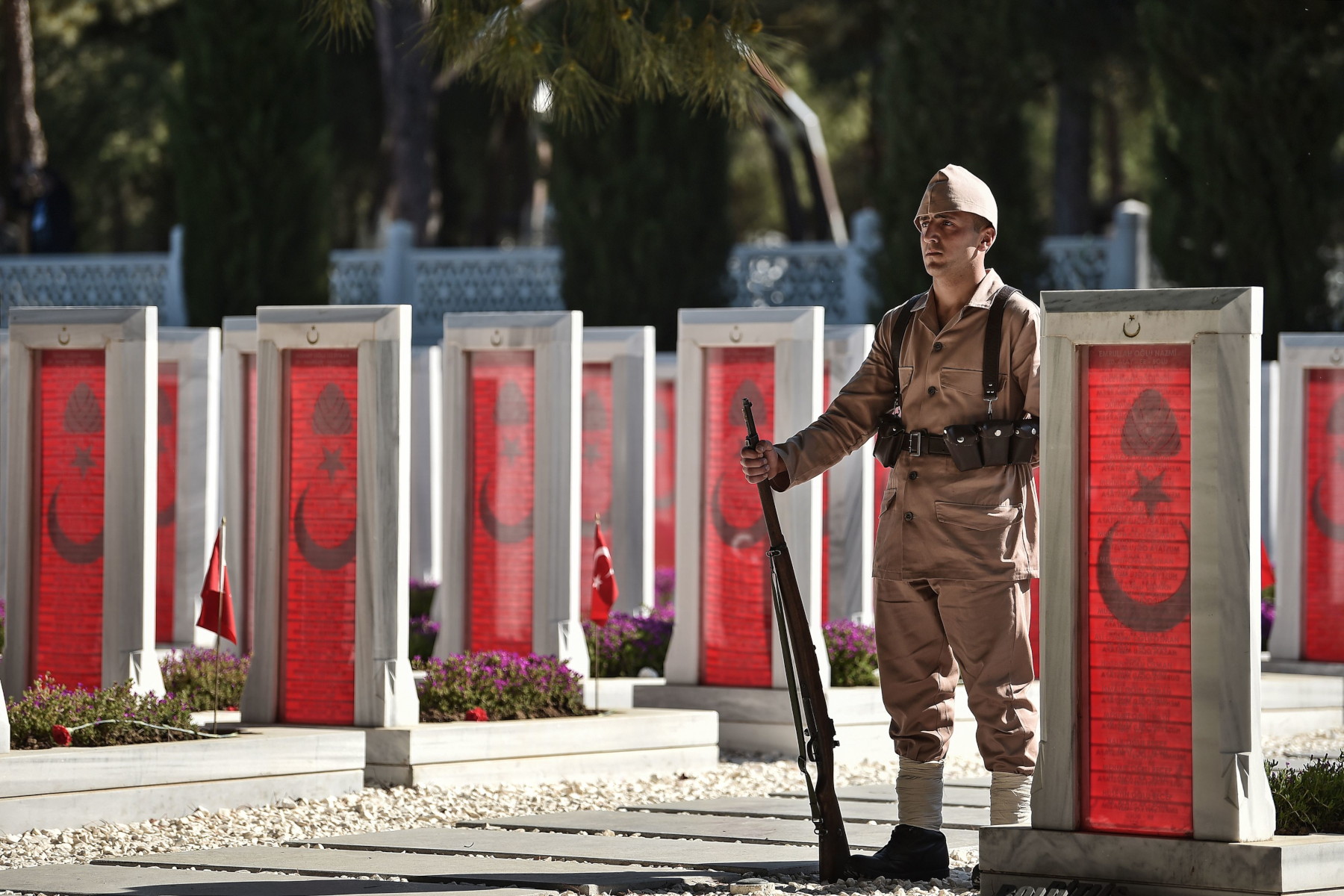For six centuries, the Ottoman Sultans held dominion across most of the Middle East, North Africa and Southeastern Europe. But by the eve of the First World War in 1914, the empire was already in steep decline. It is at this moment of crisis that the preeminent historian Eugene Rogan begins his bestselling book “The Fall of the Ottomans.” In this podcast, he talks to New Lines’ Faisal Al Yafai about those decisive final years.
Though more than 1 million Ottoman subjects died in the conflict, Rogan argues that the Middle Eastern front of the Great War has been relatively neglected — both by scholars and in the popular imagination of the region’s peoples. He points to an enduring perception in much of today’s Middle East that it was “someone else’s war.” Certainly the war inflamed preexisting ethnic and confessional fractures. In an effort to suppress the national movements erupting across the empire, the Ottoman government turned to increasingly repressive measures against its own population, culminating in the brutal genocide of the Armenians.
But Rogan is quick to point out that the Ottoman troops also fought bravely and tenaciously, turning back Western and Russian forces who, unwisely underestimating them, hoped to knock the empire out of the war early. Their eventual defeat came far later and transformed the region into the Middle East we know today. Yet although the challenges facing the Ottomans may have been formidable, Rogan asserts that this ultimate collapse was not inevitable. Had their rulers not made certain choices at certain crucial moments, he says, we could have seen a Middle East still dominated by Ottoman sultans to this day.
Produced by Maggie Martin


